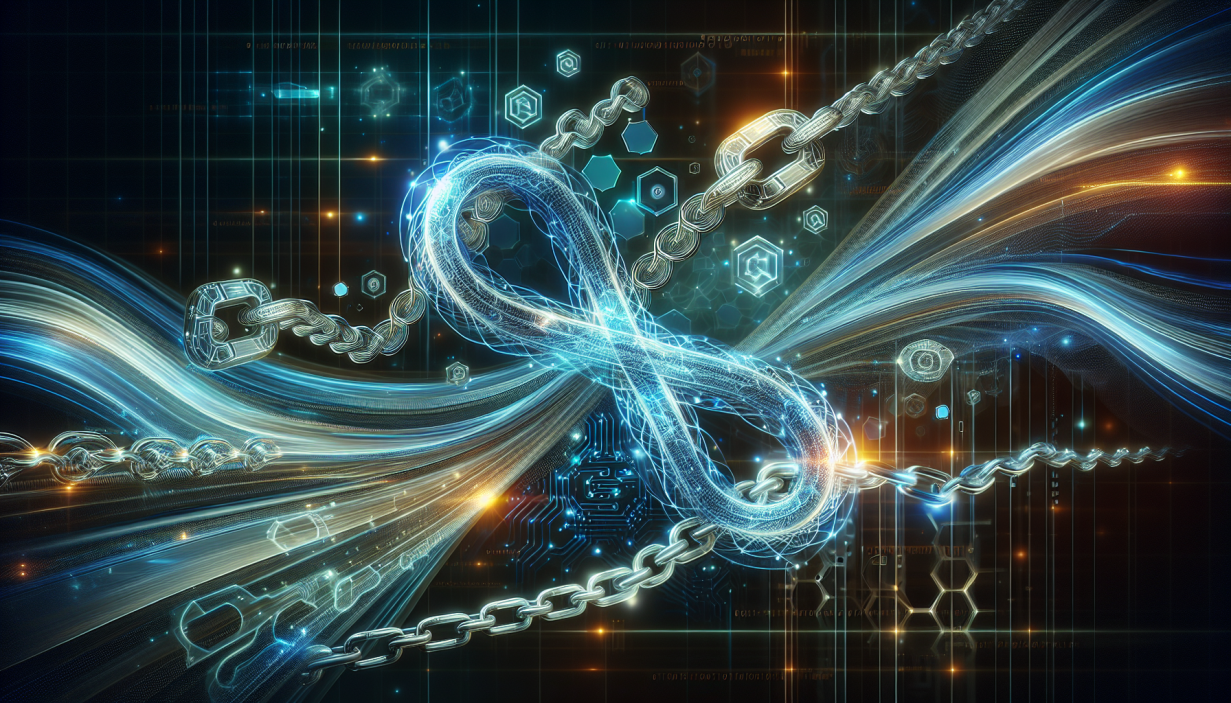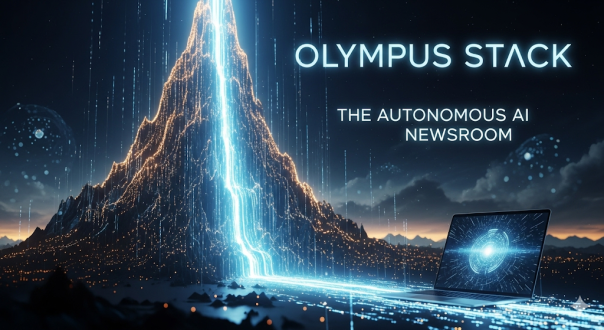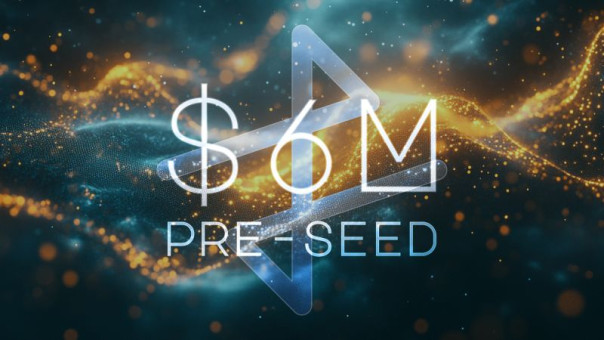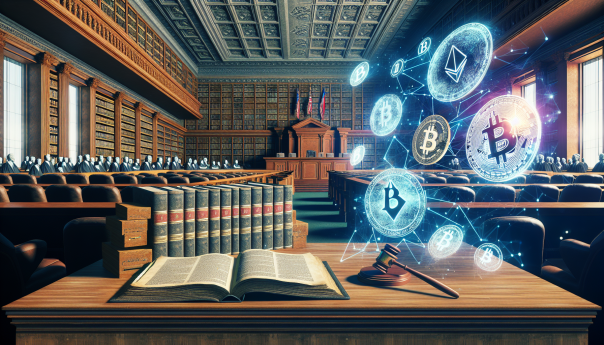Blockchain Could Resolve AI Privacy and Security Issues
Decentralizing AI for a secure future seems like the most sensible path forward
July 19, 2024 10:21 AM
Reading time: 3 minutes, 21 seconds
TL;DR AI's rapid growth has transformed industries, but privacy and security concerns loom large. Decentralizing AI via blockchain could address these issues, offering a more secure, transparent, and inclusive future. However, significant challenges remain.

The Evolution of AI
The study and development of artificial intelligence (AI) have been around for much longer than most people realize.
The concept of AI came around as early as the 1950s, with John McCarthy coining the term at a workshop and later inventing the programming language LISP, which is still widely used today.
Jump forward a few decades, and we now have personalized AI systems, similar to what Apple recently announced, at our fingertips.
Privacy Concerns in 2023
But this rapid development has not been without its drawbacks. 2023 saw significant privacy concerns with AI, with OpenAI's ChatGPT reportedly having user data leaks, raising concerns about the security and privacy of AI tools.
This led to instances where, for example, Samsung banned ChatGPT on company property due to fears of intellectual property being leaked, or Italy's data protection authority temporarily banned ChatGPT nationwide due to concerns over a breach of privacy rules.
Decentralizing AI: The Solution
Decentralizing AI would bring a new standard of user safety, transparency, and a high degree of empowerment to AI. However, most people still need to understand the concept of AI on blockchain.
What we see as 'AI on blockchain' today is a Web3 ecosystem that runs some of its processes on blockchain but offloads compute-intensive workloads, including the use and execution of AI, to pre-existing centralized platforms.
Indeed, decentralized AI would mean building AI models on the blockchain, where training, usage, and execution occur through smart contracts. This would effectively make the AI more secure, transparent, and tamper-proof.
AI and blockchain integration will become the most critical single factor, by a wide margin, in launching a new wave in AI development.
Benefits of AI On-Chain
The benefits of AI on-chain are countless, and they solve the problems associated with centralized AI. The significant upside of it is security: decentralization of AI ensures there are no single points of failure, so malicious actors cannot easily subvert the system.
Moreover, the transparency of blockchain guarantees that the processes through which AI makes decisions are verifiable and auditable, making the process generally trusted.
Another critical benefit is data privacy. Decentralized AI will give much-needed power back to the user, allowing them to understand and control what data is used to build these large models.
With more clarity on what goes into the AI, primarily due to blockchain's highly transparent characteristic, we reduce the risk of private data being used or abused, reducing potential security threats based on centralized data storage and processing.
Challenges and Future Prospects
However, despite these pros, pushing AI on-chain presents difficulties. One such drawback is the cost of performance in decentralized AI systems.
The inherent complexities of consensus mechanisms and distributed processing are precursors to speed and efficiency, meaning decentralized AI systems might not favorably compete with their centralized counterparts.
The need for each node in the network to reach a consensus before transactions are confirmed incurs latency and undermines overall performance.
The scalability issues in some blockchain technologies will also be crucial to successfully executing superior AI models. These two factors necessitate appropriate reparation in the blockchain backbone so that AI workloads can be run efficiently.
On a macro level, AI hypergrowth is changing how we interact with the digital world and powering innovations in virtually every other industry. The centralization of AI does bring significant risks and challenges that decentralized AI has the potential to lessen.
Bringing AI on-chain points to a possible path toward a more secure, transparent, and inclusive future, entirely dependent on how blockchain evolves to run AI effectively.
AI and blockchain integration will become the most critical single factor, by a wide margin, in launching a new wave in AI development. This intersection will solve current problems but open up new forms of innovation for decentralized and intelligent digital ecosystems.
It provides the fundamental transformation of AI to empower people with innovation and drive toward a digital future. Despite facing challenges, decentralized AI heralds a future where technology works in the service of many, not just the few.



